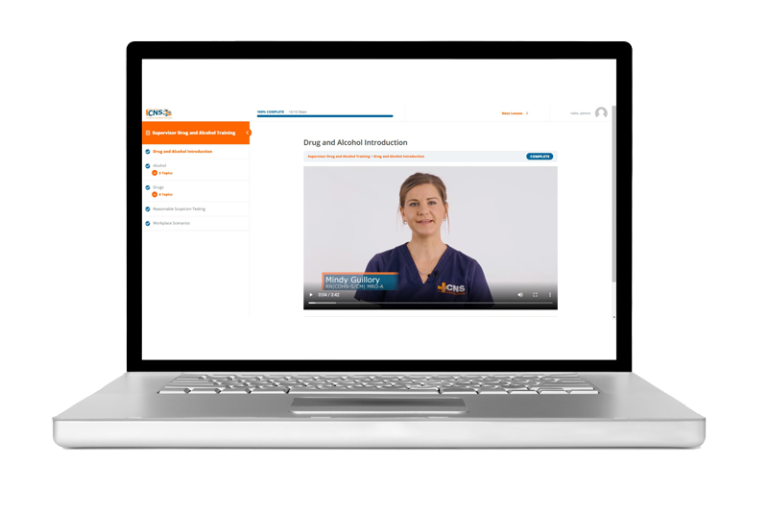What is Shingles?
It is a painful rash that typically develops on one side of the body and often comes on the face or torso. It is also known as herpes zoster. This rash is caused by the reactivation of the varicella-zoster virus, the same virus that causes varicella or chickenpox.
Signs and Symptoms
- Fever
- Headache
- Chills
- Upset stomach
- Painful rash that developed on one side of the face or body. The rash consists of blisters that typically scab over within 7 to 10 days and usually clear up in 2 to 4 weeks. People may experience pain, itching and tingling in the area the rash will appear several days before the rash appears.
How does Shingles Spread?
People with active herpes zoster (shingles) can spread the virus through direct contact with the vesicular fluid until they dry and crust over. Persons with active lesions should cover their lesions and avoid contact with susceptible people in their environment until lesions are dried and crusted.
What are the complications of Shingles?
- Possible vision loss if on face
- Long-term nerve pain referred to as postherpetic neuralgia
- Pneumonia
- Hearing loss
- Inflammation of the brain (Encephalitis)
- Death
What is the Shingles Vaccine and how do you prevent it?
Two doses of recombinant zoster vaccine (RZV, Shingrix) are recommended to prevent shingles and related complications in adults 50 years of age and older. Shingrix is also recommended for adults 19 years of age and older with weakened immune systems.
Who needs the Shingles Vaccine?
- Adults 50 years and older should get two doses of Shingrix separated by 2-4 months
- People with weakened immune systems, ages 19 and older can get their second dose 1 to 2 months after the first dose
- Those who have had shingles
- Those who received the previously approved shingles shot (Zostavax) that is no longer approved
- Those who received a Varicella vaccine
- You can get Shingrix even if you do not remember getting chickenpox in the past.
Who should not get the Shingles Vaccine?
- Pregnant women
- Those with active infection
- Those with severe allergic reaction to the vaccine or its components
- Anyone with moderate to severe illness with or without fever should wait until they are not sick.






